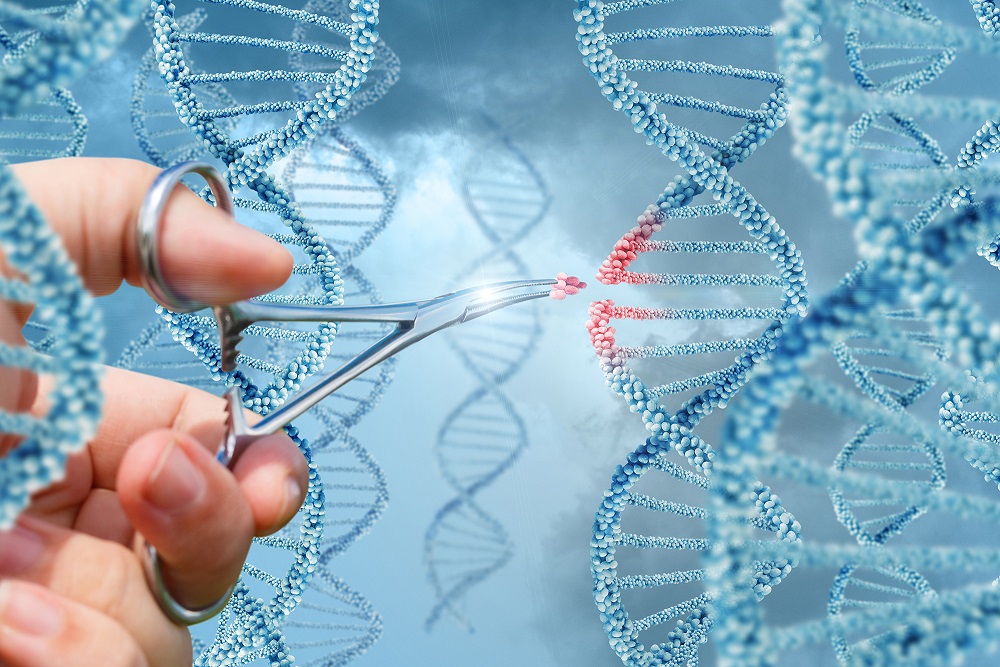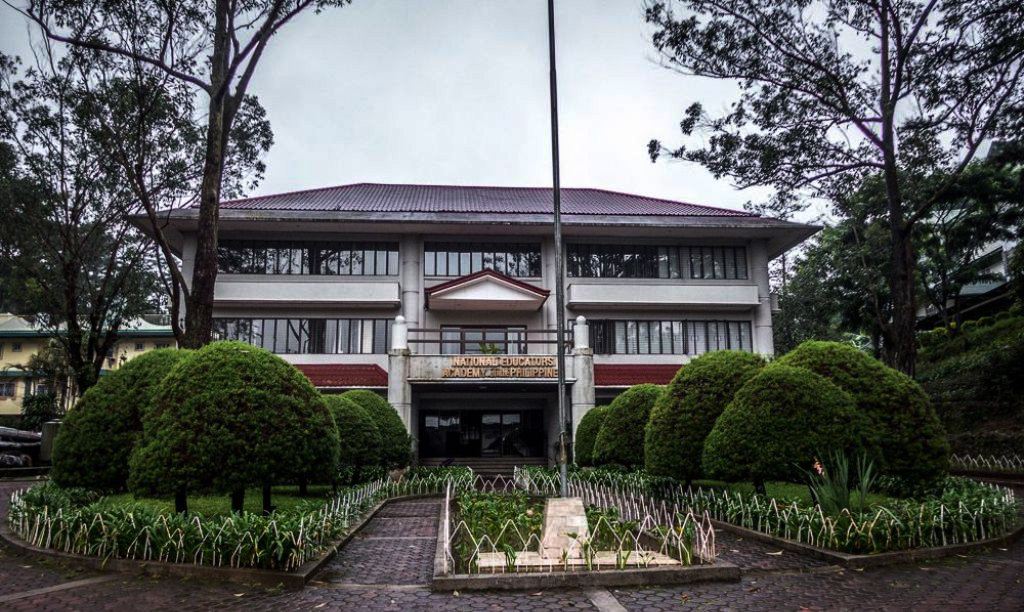The jail term conferred on He Jiankui, the biophysicist who created the world first CRISPR-baby, has led many scientists to conclude that the Chinese government are trying to prevent other researchers from following his step.
According to Wei Wensheng, a gene-editing researcher at Peking University in Beijing claims the punishment by the Chinese government would deter any similar research in China.
However, there has been much speculation about whether other scientists would follow in He‘s footsteps, especially given the ease of using the most popular gene-editing tool, CRISPR-Cas9.
However, many scientists in China working on similar research have said they fear Jiankui’s actions might have a chilling effect on their research as well, even though it is not as ethically fraught.
It would be recalled that He Jiankui was found guilty of illegal medical practice when he announced the success of genetically engineering twins resistant to HIV in a controversial procedure.
The People’s Court of Nanshan District of Shenzhen, on December 20 2019, announced that in the pursuit of “fame and profit”, Jiankui and two colleagues had flouted regulations and research and medical ethics by altering genes in human embryos that were then implanted into two women.
Jiankui was sentenced to three years in prison, while two other scientists who assisted (Zhang Renli and Qin Jinzhou), were handed lesser sentences.
Chinese government and global scientist’s remarks
The Chinese government has also banned scientists from ever working with human reproductive technology again, and the science ministry has forbidden them from applying for research funding.
In the wake of the CRISPR scandal, researchers called for a moratorium on gene editing in embryos and germline cells.
Various scientists across the globe have condemned Jiankui’s actions, stating that gene-editing technology was too premature to be used for reproductive purposes.
They also said the experiment was problematic because it risked introducing a mutation with potentially harmful effects while offering little benefit the babies were not at high risk of contracting HIV.
The MIT Technology Review warned that the technology is ethically charged because changes to an embryo would be inherited by future generations and could eventually affect the entire gene pool.
Tang Li, a science-policy researcher at Fudan University in Shanghai, said Jiankui’s experiments embarrass the Chinese government and the entire scientist’s guild.
He further stated he supports the Chinese government criminalising the act because it posses more danger than opportunities.
How CRISPR works
CRISPR is a technique that allows scientists to make precise edits to any DNA by altering its sequence.
When using CRISPR, you may be trying to “knock out” a gene by rendering it inactive or trying to achieve specific modifications, such as introducing or removing a desired piece of DNA.
Gene editing with the CRISPR system relies on an association of two molecules. One is a protein, called Cas9 that is responsible for “cutting” the DNA. The other unit is a short RNA (ribonucleic acid) molecule which works as a “guide” that brings Cas9 to the position where it is supposed to cut.
The system also needs help from the cells being edited. The DNA damage is frequent, so cells regularly have to repair the DNA lesions. The associated repair mechanisms are what introduce the deletions, insertions or modifications when performing gene editing.







